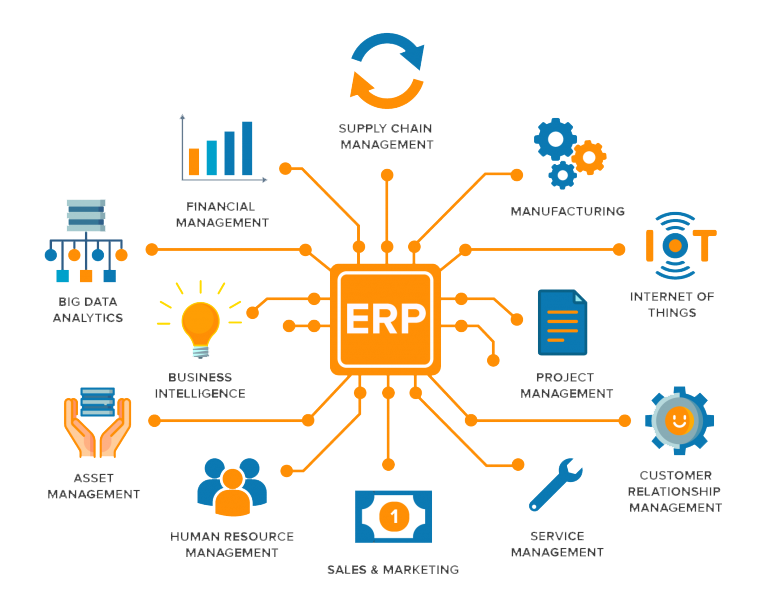Introduction
Today, Enterprise Resource Planning (ERP) systems are indispensable across industries, catering to businesses of all sizes, and facilitating efficient and effective management. However, before implementing an ERP system in your organization, it’s imperative to conduct a thorough evaluation to ensure maximum benefits. Let’s delve into the key aspects to consider:

Evaluation of ERP Software:
Selecting the appropriate ERP software hinges on various factors such as industry and business volume. For burgeoning organizations, opting for scalable solutions is pivotal. While giants like Oracle, SAP, and Microsoft dominate the ERP landscape, newer entrants tailored to smaller enterprises provide viable options. Choosing an ERP solution aligned with your current needs while offering room for growth is crucial for long-term success.
Evaluation of ERP Platform:
In today’s digital landscape, prioritizing cybersecurity is non-negotiable. Regardless of the chosen platform, stringent security measures including firewalls and virus protection are imperative. Moreover, with a shift towards browser-based access, platform choice becomes less restrictive. Opting for Linux can be cost-effective without compromising security, making it an attractive choice for budget-conscious organizations.
Evaluation of ERP Technology:
The technology underlying your ERP system profoundly impacts its performance and scalability. For organizations with substantial budgets, Microsoft platforms offer robust features and support. Conversely, Java-based ERP solutions present a viable alternative, particularly when coupled with a dependable implementation partner like Raygain. Java’s versatility and cost-effectiveness make it an appealing choice for many businesses.
Conclusion
In conclusion, selecting the right ERP system involves a meticulous evaluation process encompassing implementation partners, software, platforms, and technology. By partnering with Raygain, a trusted IT company providing a suite of IT services, organizations can navigate the complexities of ERP implementation with confidence, ensuring enhanced efficiency and competitiveness in today’s dynamic business landscape.










